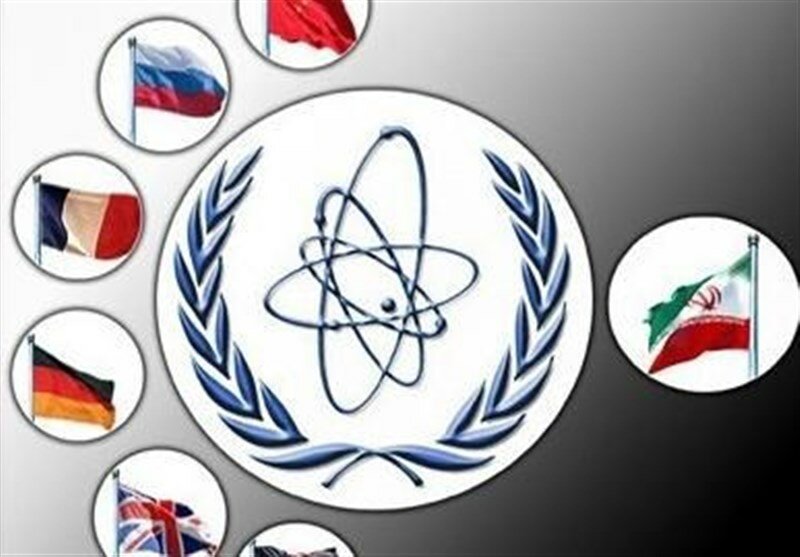Iran sets deadline for remaining JCPOA parties

TEHRAN – Iran’s Supreme National Security Council (SNSC) issued a statement on Wednesday announcing that Iran will stop implementing some parts of its commitments under the 2015 nuclear deal, known as the Joint Comprehensive Plan of Action (JCPOA).
“The Islamic Republic of Iran upholds its rights under articles 26 and 36 of the JCPOA and will stop implementing some parts of its obligation under the JCPOA from today, May 8, 2019, in line with protecting the Iranian people’s security and national interests,” the statement said.
According to the statement, Iranian President Hassan Rouhani has informed leaders of the remaining countries to the nuclear deal of Tehran’s decision.
The JCPOA was signed in July 2015 between the U.S., France, Britain, Germany, Russia and China. However, U.S. President Donald Trump withdrew his country from the deal last year and ordered toughest sanctions against Iran.
“We will resume implementing the commitments when our needs are met, otherwise the Islamic Republic of Iran will stop implementing other obligations phase by phase,” Iran’s Supreme National Security Council states.
Under the JCPOA, endorsed by the UN Security Council Resolution 2231, Iran was tasked to put limits on its nuclear activities in exchange for termination of economic and financial sanctions. However, since the U.S. left the deal in May 2018, the Europeans have failed to compensate for the U.S. withdrawal and just paid lip service to the agreement.
According to the SNSC statement, the remaining signatories to the JCPOA have been given 60 days to fulfil their obligations in oil and banking areas.
“We will resume implementing the commitments when our needs are met, otherwise the Islamic Republic of Iran will stop implementing other obligations phase by phase,” the statement added.
The statement noted, “In the current phase, the Islamic Republic of Iran does not consider itself committed to comply with restrictions on its stockpiles of enriched uranium and heavy water.”
Accordingly, Iran gives the remaining parties 60 days to fulfill their obligations, however, if they fail to implement their commitments in banking and oil transactions, Iran will stop observing restrictions on the level of enriching uranium and modernizing the Arak heavy water reactor.
“The Islamic Republic of Iran is ready to continue consultations with remaining signatories to the deal at all levels, however, [Iran] will respond firmly to any irresponsible action including referring the issue to the UN Security Council or imposing more sanctions,” the statement said.
“In the current phase, the Islamic Republic of Iran does not consider itself committed to comply with restrictions on its stockpiles of enriched uranium and heavy water.”
The Trump administration has been ratcheting up its pressure campaign on Iran since last year. Just on April 22, it announced it wants to zero out Iran’s oil exports and announced that if any country buys oil from Iran will be punished.
When the oil sanctions were introduced in November 2018, eight countries, including China, India, Japan, South Korea, Taiwan, Turkey, Greece and Italy, were allowed to import oil from Iran in limited volumes. However, during the sanctions waivers, Italy and Greece, two members of the European Union, refused to buy oil from Iran.
NA/PA
Leave a Comment